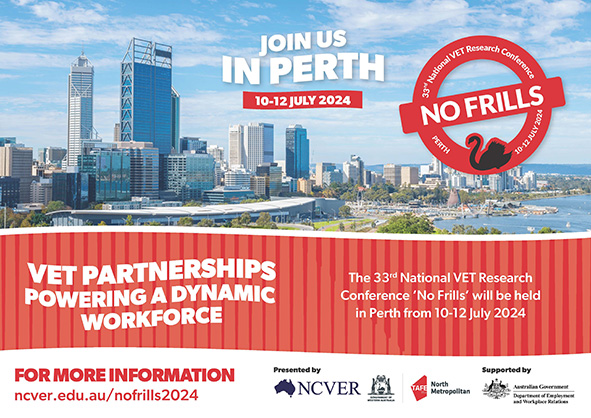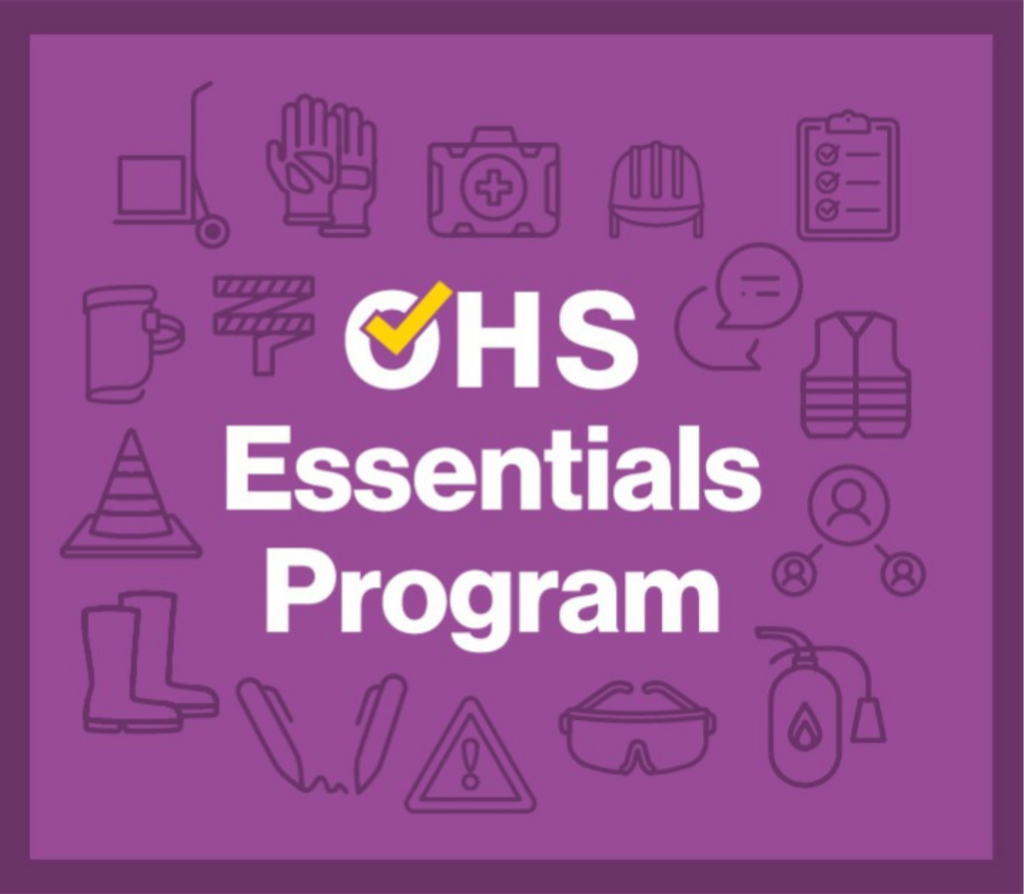Victoria recently released the latest skills plan that focuses on the training and skills needs for the state – now and into the future.
The plan highlights that the industries expecting “the highest number of new workers over the next three years — health care and social assistance; education and training; and professional, scientific and technical services — require a significant proportion of workers with higher-order skills.”
These needs include clean energy transformation where:
“A new wave of skilled workers is needed to complete this transformation safely and to the highest quality, many of whom need to hold trade- and technician-level skills.”
Another need is preparing for “a zero emission vehicles boom.”
A further focus, as we note above, is around the ‘care economy’. Here Skills labs will be used to “drive collaborative skills solutions and be a vehicle to address long-term entrenched issues in skilling policy and outcomes. In addition, these labs:
“can also rapidly test teaching, learning and assessment processes so innovations that are found to be effective in engaging learners and delivering results can be deployed quickly.”
Thus, “a key part of the lab is to enhance learner experience and engagement through redesign of teaching, learning and assessment practices with a view to better learning and graduate outcomes.”
The plan also mentions the development of a shared vision for tertiary education: VET and HE. In addition, quality providers are important.
The role of apprentice and traineeships also gets a mention, notably highlighting initiatives to enhance levels of completion as well as piloting approaches for the development of higher apprenticeships.
Metropolitan Melbourne will continue to enjoy a strong labour market, the plan suggests – with “ageing and disability carers, general clerks and registered nurses” among the five jobs most in demand. And:
“Across industries in metropolitan Melbourne, health care and social assistance … education and training … and professional, scientific and technical services … are expecting the highest number of new workers by 2026.”
The need for transferable skills is highlighted
These important skills enable workers to move more readily between jobs. Thus, “vocational education needs to develop knowledge and skills that are relevant today and transferable to the jobs of the future.” This is tied up with the redesign of VET qualifications which call for deeper learning and skills acquisition that need to be supported by new forms of vocational education and VET qualifications.
In addition, “the employee of the future requires more than technical skills. Many of the skills employers search for in candidates are characterised as soft employability skills.” The question is whether Training Packages, as currently conceived, adequately reflect these needs.
Promoting VET pathways that suit the needs of learners are important too
The plan seeks to promote the values of VET and the pathways it provides because:
“Prospective students should be able to choose an education and training pathway suited to their learning preferences that opens options for success as they see it.”
This need battles against poor understanding of VET and the pathways it offers and requires a changing in attitudes to VET and what it can offer, the plan suggests. Indeed:
“Achieving equal standing between higher education and vocational education in the minds of Australians has been a long-term goal for skills ministers, and is also featuring in discussions of the Australian Universities Accord.”








